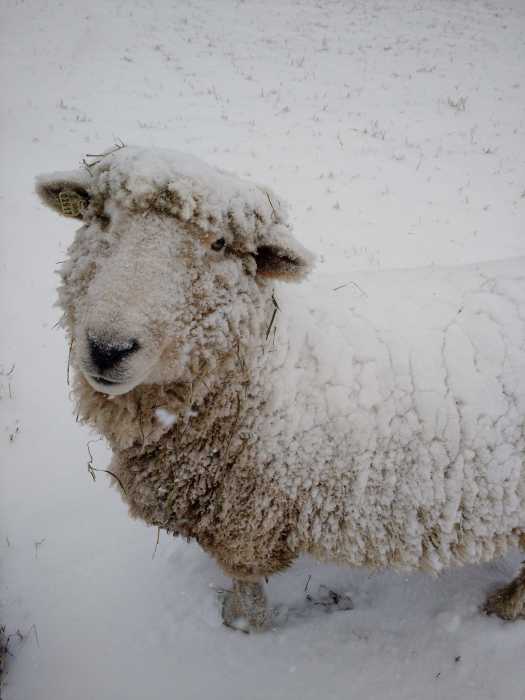Through a partnership between St. John’s University’s Institute for Writing Studies (IWS) and Bread and Life, students are helping members of the community to better use their writing skills and make a difference in their lives.
The program began in 2008 after IWS talked to Bread and Life about how they could be of service. Two workshops were then created.
The first helps Bread and Life clients with the “social issues of writing,” explained IWS associate director Professor Thomas Philipose. This could mean working on resumes or writing a letter to a social agency.
Writing is used as a coping mechanism in the second workshop, where clients use words to address feelings such as grief.
“We try to help the writers get to where they want to go,” Philipose said.
Junior Justin Thrift said that he thought the idea of the program was “really interesting” when he first heard about it.
Program participant Anna Sicari, a first-year graduate student, described the work as meaningful and said it has helped her with her own writing.
“It’s really nice to work with people who love to write,” Sicari said.
Junior Regina Pagani said the program gives the tutors a chance to work with people who are not just doing writing for a class. She also said that, working with the clients at Bread and Life, isn’t like tutoring but more like a discussion.
As part of the program, an event was recently held at St. John’s where participants were given a chance to read their works.
“I think having this kind of event for our writers is really an inspiration for them,” said Rita Trucios, the Director of Social Services at Bread and Life.
Eugene Carrington, who read his poems, has been participating in the program for about a year.
“It’s been a very big help,” he said while addressing the audience. “I’d like to thank you so very much.”
Philipose said that the students are doing very valuable work, adding that they are helping people get their lives back together or express themselves, all through writing.
“I think they’ve been exposed to just a different world that they don’t see and never would see,” Philipose said.





























